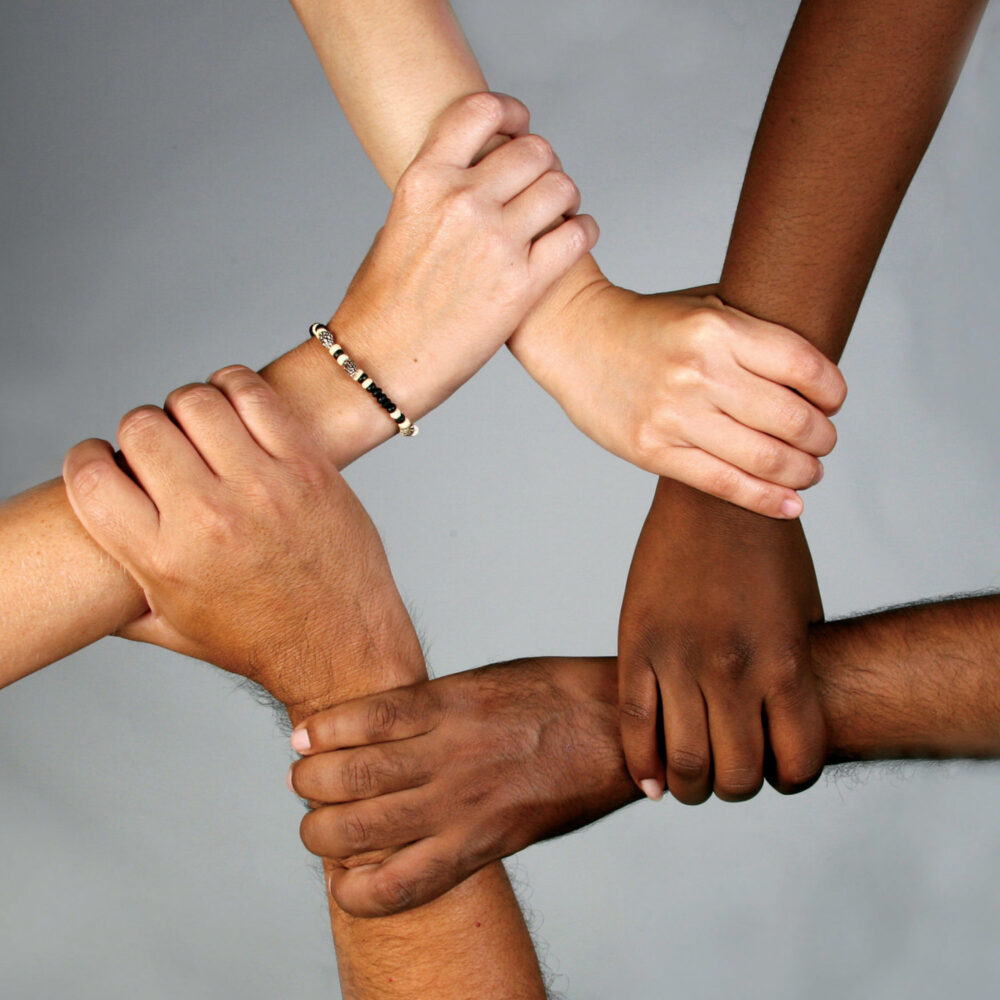
Most people, at the time of their diagnosis with a sleep disorder, do not know a single other person with the same condition. Yet peer support is an effective aid to this group, just as it has been shown to help people navigating pregnancy, living with diabetes, recovering from organ transplant, and managing many other complex chronic conditions. Clinicians need to add peer-led communities to the resources they offer to newly-diagnosed patients.
These are the conclusions of a new study, co-designed and co-written by patients and clinical researchers, that also shows how a community can come together to create the data they need to prove the usefulness of peer-to-peer connection.
It is an illustration of how patient-led research benefits the practice of medicine.
“Social support and isolation in narcolepsy and idiopathic hypersomnia: An international survey” was published this week in Sleep Medicine, the official journal of the World Sleep Society and International Pediatric Sleep Association. An online survey garnered over 1,300 valid responses in just two weeks thanks to the efforts of Project Sleep, a patient-led advocacy organization led by Julie Flygare. Two-thirds of respondents are based in the U.S., compared with one-third outside the U.S. A majority were women and white, but they represent a good balance of people with narcolepsy (77%) and idiopathic hypersomnia (23%).
As Flygare wrote to me, “Not only can patient advocacy groups help shape the priorities and questions, but also increase the outreach and power of the findings. In our community, people have limited time and energy, myself included, so Project Sleep is careful about how much we ask our supporters to do. We prioritized asking our supporters to participate in this survey because we worked with researchers who believed in our perspectives, allowing us to think creatively outside-the-box and co-develop unique questions that had never been asked before in our community, leading to these novel insights.”
In the lexicon of my book, Rebel Health, Flygare and her colleagues are Seekers and Networkers who refused to accept the isolation and invisibility of the status quo.

They hunted for and found useful resources, then gathered together and publicized the needs of their community, lifting them up to a place of greater visibility.

By partnering with Champions who could provide funding and research skills, Project Sleep is pulling their community closer to their goal state, where everyone living with sleep disorders gets their needs met.

Too many people are isolated and lonely, whether they are living with a rare disease, a more common ailment, or caring for a loved one. Flygare and other patient-led researchers are lighting a path forward by forming networks, collecting data, and raising awareness about the opportunity of peer-to-peer health care. As she says, “Chronic conditions communities like ours are especially vulnerable to experiencing both the detrimental impacts of isolation and the profound impacts of finding connection and community.”
Your turn: Where else have you seen a community lift itself out of invisibility? What other research can we point to when we need to prove the benefit of peer support?
Image: Many hands held together, by Wonder woman0731 on Flickr
Leave a Reply